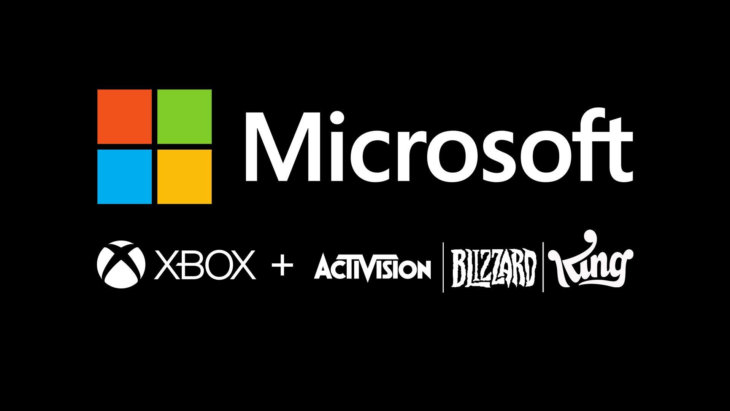Microsoft’s takeover of Activision not dead yet

Other Appeals Still Pending After Merger Is Blocked By CMA
After Microsoft’s proposed takeover of Activision Blizzard was blocked by the UK Competition and Markets Authority (CMA) on Wednesday, some analysts are still saying that the deal could go through anyway.
After careful investigation for months by multiple global regulators, the CMA is now the first of the three major authorities to reach its final verdict on the 69 billion dollar deal. According to the report, The CMA is blocking the merger between the two companies on the grounds that it will negatively impact the future of the cloud gaming market space and ultimately lead to less diversity and choice for both gaming and gamers in the years to come.
The Competition and Markets Authority also declared that Xbox’s takeover of the Call of Duty developer could induce Microsoft to unfairly raise the price of games in the future as well as its Game Pass service. The prospective value of adding Call of Duty and other Activision titles to Microsoft’s catalog could potentially prompt a price increase and monopolize much of the industry in the process.
Both parties in the merger have confirmed that an appeal will be launched against the decision by the CMA. Even though this appeal is likely to be rejected, all hope is not yet lost for the deal. Microsoft is confident that the appeal does indeed have a chance of winning, but if not, would be willing to make modifications and changes to the initial agreement so that the deal might go through. The appeal’s success will ultimately depend on whether Microsoft can change the CMA’s belief that allowing the deal will give Xbox pricing power and an unfair dominance in the cloud gaming market.
Most experts believe that the CMA’s assessment is fairly correct. As a result, Microsoft is prepared to maintain the pricing of Game Pass at $15 per month plus inflation, in good faith that the CMA will overturn its ruling.
The CMA’s verdict is a massive blow to the efforts of Microsoft and Activision Blizzard merger crossing the finish line. Even though the deal was already supposed to be finalized per the initial plans, both parties are still optimistic that the deal can still be closed this year.
Generally, appeals on the CMA’s decisions come back unsuccessful, but there is still a chance it can be overturned, and Microsoft and Activision will do everything they can to make that happen. If the decision is successfully overturned, the CMA will then review the case a second time, which in many cases, can take several months to complete. With that being said, it certainly won’t be until the end of the year when any confirmation of the Microsoft and Activision deal is made official. If the appeal is unsuccessful though, Microsoft may agree to withhold all Activision games from its Game Pass subscription, in the hopes of winning the consent of the CMA.
Microsoft could also make Game Pass UK separate from other Game Pass services and create a UK platform that can be approved and monitored by the CMA or by a third party on its behalf. Microsoft expects that this course of action accompanied by leaving Activision titles off Game Pass will be adequate enough to gain CMA approval.
Microsoft is scheduled to launch the full conditions of its appeal soon. Shortly after the CMA released its verdict, Activision Blizzard also came out with a statement in further support of the merger despite the setback and shared Microsoft’s confidence of the deal still going through.
The proposed takeover has already been given the ‘go-ahead’ in many countries such as Japan, Saudi Arabia, Brazil, Chile, Serbia, and South Africa. Next on the agenda is the EU’s verdict on the deal, which is set for the end of May, as well as the FTC administrative court case, due to begin in August.
The EU Commission is slated to publish its final findings by May 22. So far, it has claimed that the willingness of Microsoft to offer game licensing deals to its rivals may potentially be in breach of EU antitrust concerns.
In the United States, in an attempt to block the Activision acquisition on the basis of competition concerns, the Federal Trade Commission (FTC) is suing Microsoft, the proceedings of which will get underway soon.


